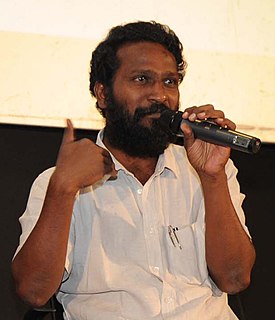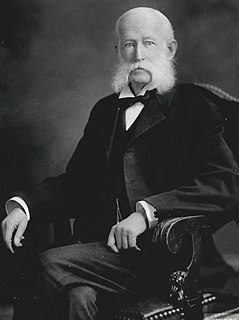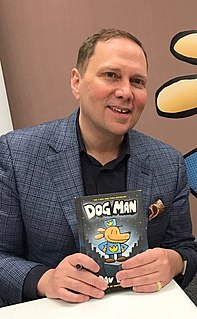A Quote by Paulo Freire
A reader does not suddenly comprehend what is being read or studied, in a snap, miraculously. Comprehension needs to be worked forged, by those who read and study; as subjects of the action, they must seek to employ appropriate instruments in order to carry out the task. For this very reason, reading and studying form a challenging task, one requiring patience and perseverance.
Related Quotes
All spiritual growth comes from reading and reflection. By reading we learn what we did not know; by reflection we retain what we have learned. The conscientious reader will be more concerned to carry out what he has read than merely to acquire knowledge of it. In reading we aim at knowing, but we must put into practice what we have learned in our course of study.
I was a reader. I loved reading. Reading things gave me pleasure. I was very good at most subjects in school, not because I had any particular aptitude in them, but because normally on the first day of school they'd hand out schoolbooks, and I'd read them--which would mean that I'd know what was coming up, because I'd read it.
Discipleship is not limited to what you can comprehend – it must transcend all comprehension. Plunge into the deep waters beyond your own comprehension, and I will help you to comprehend even as I do. Bewilderment is the true comprehension. Not to know where you are going is the true knowledge. My comprehension transcends yours.
How do you make your kids read more? It needs to be presented as a joy and a privilege to get to do it, and the kids should get to see you as a parent reading for your own pleasure. It's not something you send your kids off to do, 'Go into your room and read for 15 minutes or else.' It becomes a task then.
If you are reading in order to become a better reader, you cannot read just any book or article. You will not improve as a reader if all you read are books that are well within your capacity. You must tackle books that are beyond you, or, as we have said, books that are over your head. Only books of that sort will make you stretch your mind. And unless you stretch, you will not learn.




































